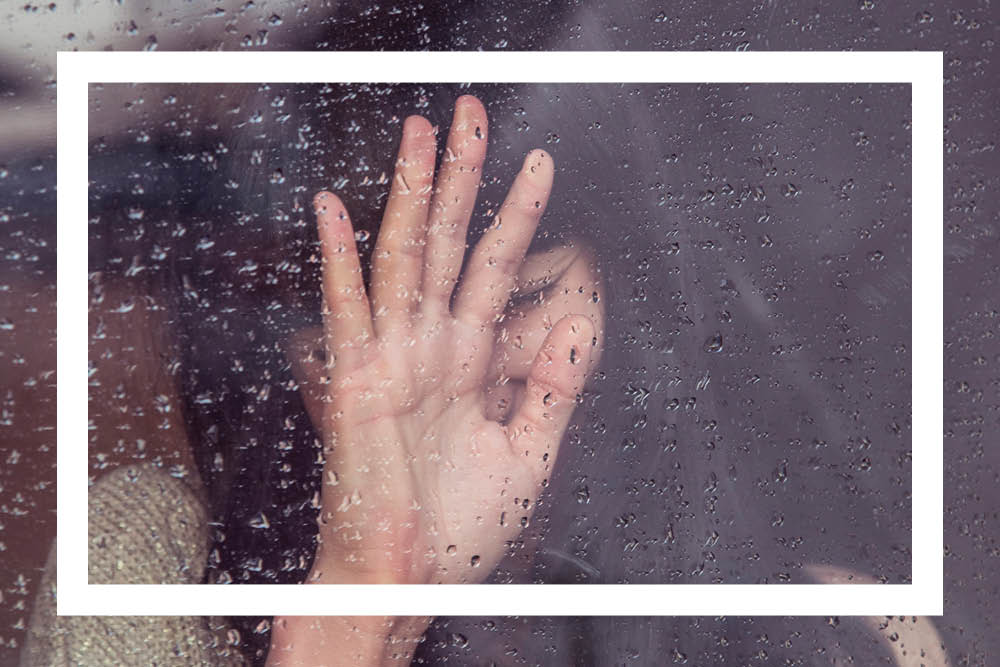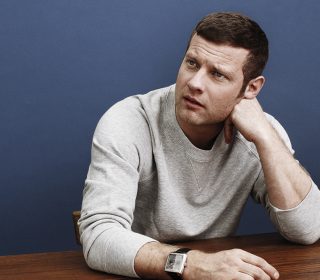Break out the tissues: crying is actually a-ok

We’ve all been there before: you’re sitting on the train, tears stinging your eyes as you try your hardest to blink them back. As your face gets hotter and the tears start to fall, a stranger kindly grabs your shoulder and asks if you’re okay.
No, you think, I’m not okay. I’m crying in public! That’s embarrassing!
But, as you let the tears fall, you quickly start to feel better. Your muscles begin to relax and your head suddenly feels clearer. Crying is an incredibly human experience, and we have a tendency to do it everywhere–public transportation, the bedroom, even the grocery store–and there’s a sense of shame that comes with that.
Why? Everyone’s been there, and moreover, crying is an incredibly healthy thing to do. As humans, we produce three different types of tears: basal, which help keep your eyes lubricated; reflexive, which are spurred by things like allergies or onions; and emotional, which come from intense feelings.
Basal and reflexive tears aren’t usually stigmatised, but emotional tears have gotten a bad rep lately. However, crying is one of the healthiest things that we can do for our physical and mental health.
Ever notice how you feel better once you’ve let yourself have a good cry? That’s because the act of crying allows us to self-soothe, or regulate our emotions, in a healthy and controlled way. Specifically, crying activates the parasympathetic nervous system, which relaxes muscles and reduces stress in the body.
Preliminary research also shows that crying helps detox your body and shed stress hormones, which in turn helps you sleep better. On the physical side of things, crying even helps to flush out any bacteria in the tear ducts, improving eye health and vision.
It’s important to remember that we all cry differently and have different comfort zones when it comes to crying. Studies show that our attachment styles, which are influenced by our childhood experiences, affect whether or not we feel comfortable crying.
For example, if you came from a strict, unemotional household, you may feel crying is an unacceptable behaviour. On the flip side, someone who had a great deal of emotional support during their formative years will feel more comfortable crying and talking about their feelings.
However you cry, it’s important to cry when you feel the need, even if that means excusing yourself from a meeting or running to the bathroom on a date. When we feel the urge to cry, that’s our body saying, “Something’s not right, and I want to make it better.”
Just like taking paracetamol for a headache or going to bed when you’re tired, crying is a valid response to emotional stress. Let the tears flow, splash some water on your face, and go on with your day–your body and mind will be all the better for it.











